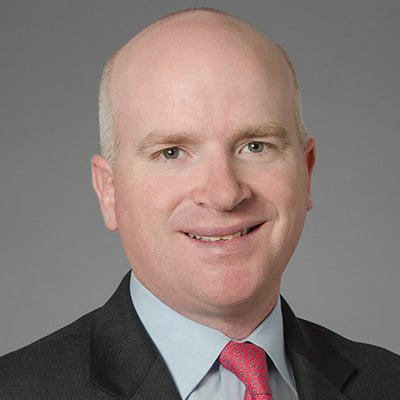California Enacts New Laws Impacting Private Equity Investments in Healthcare
On October 11, 2025, California Governor Gavin Newsom signed Assembly Bill 1415 into law, expanding the state’s Office of Health Care Affordability (OHCA) transaction notice requirements to include private equity firms, hedge funds, management services organizations (MSOs) and other investors that engage in certain transactions with healthcare entities. While the existing OHCA requirements already captured a wide range of transactions, such as acquisitions, dispositions and debt financings, the new law significantly expands the types of parties and entities that can trigger a filing obligation, and expressly brings within scope certain contractual arrangements (such as MSO/PC structures). As a result, private equity firms and hedge funds that invest in, or transact through, MSO/PC arrangements may now be required to make an OHCA filing and should evaluate the applicability of the new law to pending or future transactions.
This expansion comes in addition to Senate Bill 351, which Governor Newsom signed on October 6, 2025, codifying California’s long-standing corporate practice of medicine (CPOM) doctrine and imposing statutory limits on how MSOs and other unlicensed parties may contract with licensed healthcare professionals. Both AB 1415 and SB 351 will take effect on January 1, 2026.
Key takeaways from the two new laws are summarized below.
AB 1415’s Expansion of California’s Transaction Review Framework
- California’s Existing Transaction Review Law: California’s existing transaction review framework requires “health care entities” to provide OHCA with 90 days’ preclosing notice of a “material change transaction.” Historically, MSOs, private equity sponsors and other private investors were not covered by the filing requirement. AB 1415 expands this framework to include new categories of “noticing entities,” significantly broadening both the types of parties and certain transaction types that can trigger a filing obligation.
- Expanded Definition of “Noticing Entities”: The new definition expands the parties subject to the filing requirements and includes (i) a private equity group or hedge fund, (ii) a business entity created for the purpose of transacting with a healthcare entity, (iii) an MSO, which is defined as an entity that provides management and administrative support services for a provider, and (iv) an entity that owns, operates or controls a provider.
- Impacted Transactions: The new law expands the types of transactions that can trigger a filing to include certain contractual arrangements, such as MSO/PC structures. Newly covered transactions include those in which a noticing entity enters into a transaction with a healthcare entity, an MSO, or any entity that owns or controls either, and that transaction results in:
- The sale, transfer, lease, exchange, option, encumbrance, conveyance, or other disposition of a material amount of the healthcare entity’s or MSO’s assets; or
- The transfer of control, responsibility, or governance over a material amount of the assets or operations of the healthcare entity or MSO.
- Timing Considerations: Noticing entities must provide 90 days’ preclosing notice to OHCA of any implicated transactions. OHCA has the authority to conduct a cost and market impact review, which can extend the review period to more than eight months.
Codification of California’s Corporate Practice of Medicine Doctrine
SB 351 codifies California’s corporate practice of medicine restrictions, granting the attorney general authority to seek injunctive relief or other equitable remedies for violations. The statute expressly identifies private equity groups and hedge funds as entities subject to these restrictions, prohibiting them and other unlicensed entities from interfering with or influencing the professional judgment of a physician or dentist, including through control over:
- the hiring or firing of healthcare professionals;
- billing and coding decisions;
- setting contracting parameters under which practices contract with payors or other physicians.
Agreements between private equity groups, or entities under their control (including MSOs), and medical or dental practices that violate these restrictions are prohibited, and contracts or provisions that enable such violations are void and unenforceable. While the statute largely codifies existing case law and enforcement principles, it creates an explicit enforcement mechanism authorizing the attorney general to pursue actions against private equity groups and hedge funds for violations.
Next Steps
Pending or proposed transactions that do not close before January 1, 2026, will need to comply with these expanded filing requirements, which may require additional regulatory filings and potential closing delays. OHCA has not yet issued implementing regulations for AB 1415, but additional guidance is expected in 2025 and will be instructive in defining key concepts such as what constitutes a “material amount” of assets or operations.
Companies and investors may also want to revisit existing management agreements, fee arrangements and governance structures to ensure compliance with the new statutory CPOM restrictions once they take effect.






